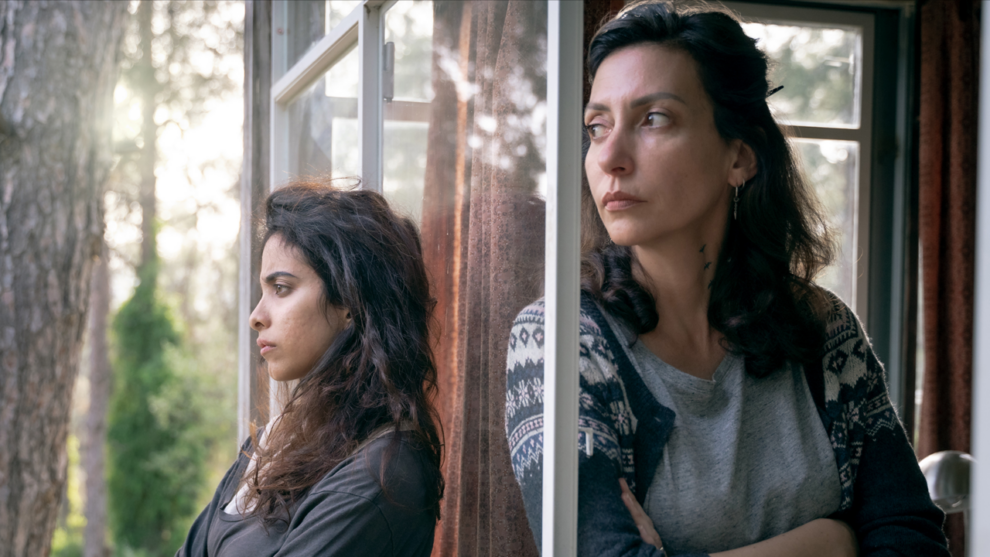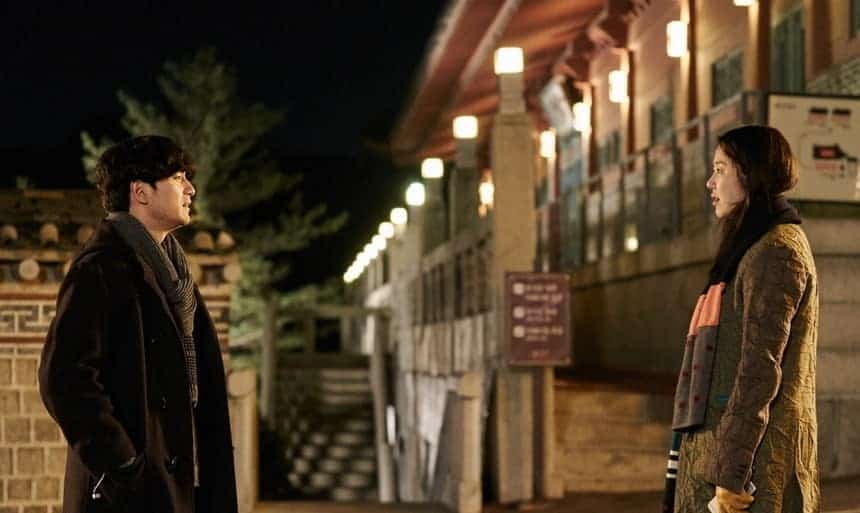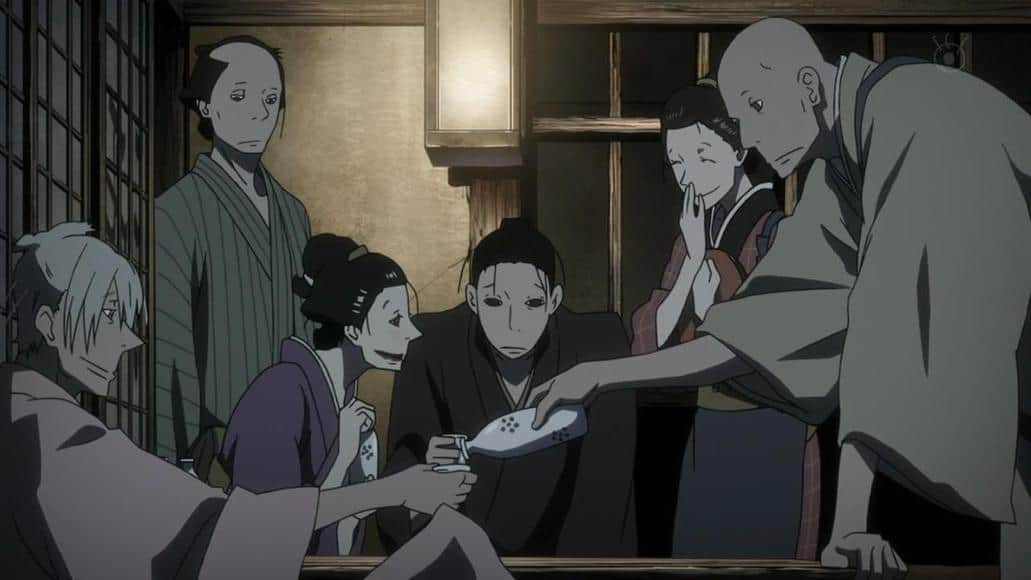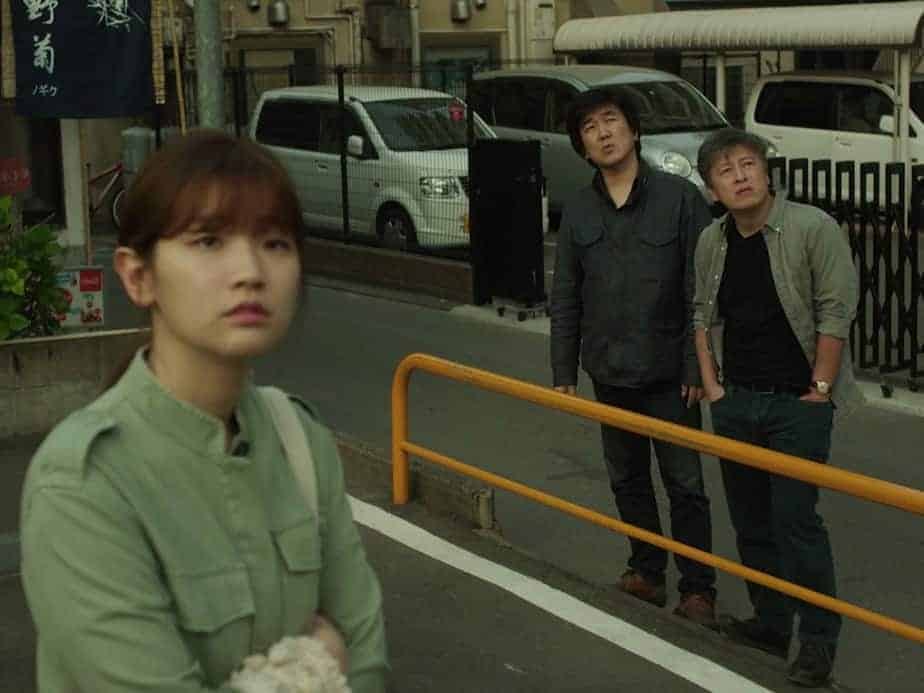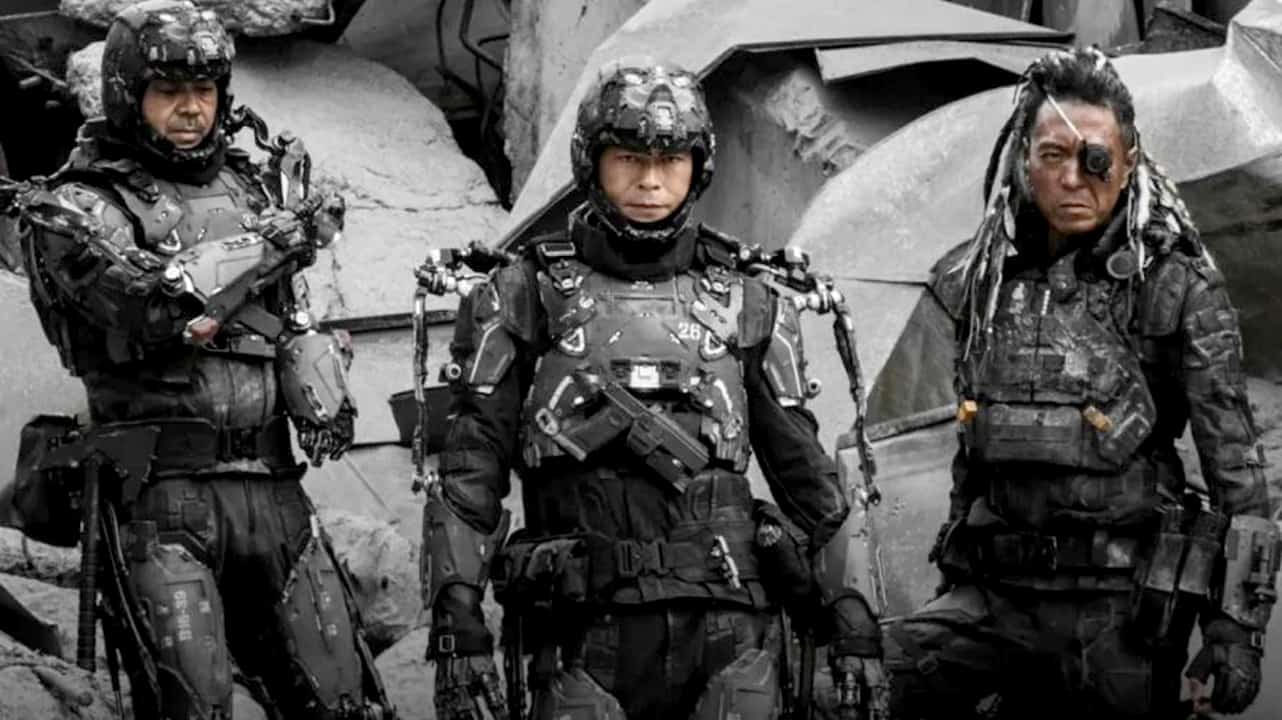As we approach a state of near full transparency given the fast progress on the field of digitization as well as the advancement in technology, most of us have become predictable. Even though we still cling on to humanist ideals and individualism, the truth is not that we define algorithms and programs, but actually that it is the other way round. While these ideas are seemingly better suited in the realms of science-fiction, writer and director Noam Kaplan transports them into a whole different context. In the case of his new feature “The Future”, these and many other themes lay the foundation for a tense drama about terrorism, security and individuality.
The Future is Screening at Tribeca Film Festival
After the assassination of Israel's Minister of Space and Tourism, university student Yaffa (Samar Qupty) admits to the deed. Following her arrest, she is being questioned by the police and the secret service about her potential associates, as the attack and its progression still raise a few questions. As the interrogations lead to no satisfying results, the young woman is sent to Nurit (Reymond Amsalem), a scientist who has been working on the prestigious “Future”-project which helps to predict acts of terror, as she also suspects Yaffa has not been acting alone.
It is the beginning of a series of encounters between the two women, and a challenge for Nurit, since the student does not fulfil the algorithm the “Future”-project is based on. Convinced she is withholding information, she wants to get to the bottom of the attack, Yaffa's motivation and her possible links to organized terrorism. However, the conversations with her turn out to be quite different to what she expected.
Essentially, you can regard “The Future” as a chamber drama, as the majority of the action surrounds the conversations between the two main characters. This gives each of their encounters a very interesting and ultimately tense dynamic, especially as we get to know more details about the assassination itself and also background on the two women. The acting by both, Samar Qupty and Reymond Amsalem, adds to the suspense of the story, similar to the match of two chess players, each one of them aware of not showing any emotion or even gesture which could give away too much. Additionally, Kaplan's script and Shar De Mayo's cinematography support the tension in each scene, relying on very few aspects with great effect.
Thematically, “The Future” is likely to linger on in the mind of the viewer. Besides the observations about the West Bank-conflict and terrorism, the points being made about predictability carry a lot of weight to them. With two characters trying to stay in control of the conversation, when in reality they have lost it a long time ago, is just one of the remarks the film makes about these themes. Especially with regard to Reymond Amsalem's character and her status as a scientist, we are confronted with what we give up if we strive for complete transparency and being able to predict everything, most importantly in the context of a state willing to support these technologies and algorithms.
In conclusion, “The Future” is a very tense, well-written and -acted drama. Instead of taking these themes into space or the far future, Noam Kaplan uses a more realistic approach to great effect, concentrating on the confrontation of his two main characters.


